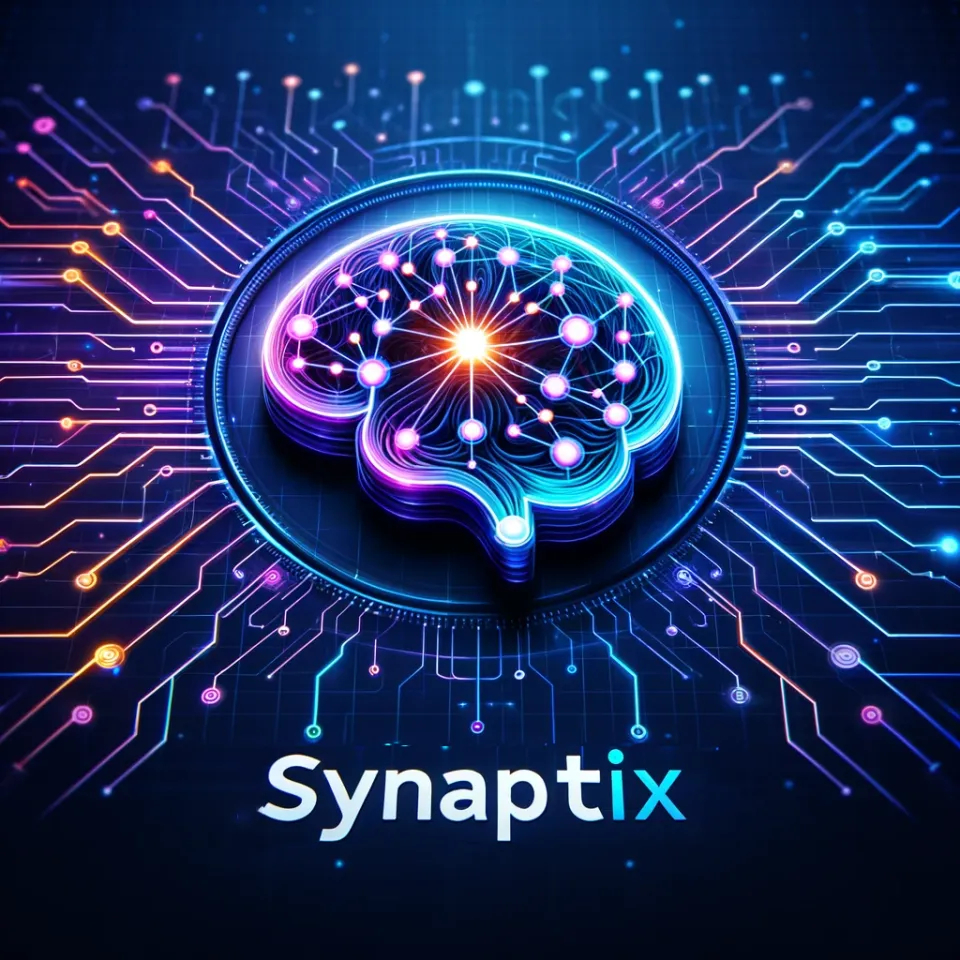The Urgency of Addressing the Risks Posed by Artificial Intelligence: A Call for Immediate Global Action

Introduction:
As the world becomes increasingly reliant on artificial intelligence (AI), concerns about its potential risks and dangers are mounting. Demis Hassabis, the British chief executive of Google’s AI unit, is calling for the international community to treat the risks from AI with the same level of seriousness as the climate crisis. He warns that the world cannot afford to delay its response, emphasizing the need for oversight and coordination similar to the Intergovernmental Panel on Climate Change (IPCC). In this article, we delve into the urgency of addressing AI’s risks, the importance of global cooperation, and the potential pathways for oversight and regulation.
Title 1: The Need for Urgent Action: AI’s Risks Comparable to Climate Change
The first title highlights the importance of treating the risks posed by AI as seriously as those posed by climate change. Demis Hassabis raises the alarm, urging the international community to act immediately in tackling the dangers stemming from AI technology. Just as the world took time to coordinate an effective global response to climate change, we cannot afford to make the same mistake with AI.
Title 2: A Scientific Approach: Drawing Lessons from the IPCC
Hassabis suggests that oversight of the AI industry should start with a body similar to the IPCC, which provides scientific and research-based reports on climate change. This second title takes a closer look at the lessons we can learn from the IPCC and how a similar model could be applied to AI. Implementing a scientific approach to oversight and regulation is crucial to ensure the safe and responsible development of AI technology.
Title 3: From Research Agreements to Cern for AI Safety
The third title explores the evolution of oversight and regulation in the AI domain. Hassabis proposes the establishment of an international research agreement similar to the IPCC, but specifically focused on AI safety. This initial step could pave the way for the creation of a Cern-like institution for AI safety that conducts comprehensive research and development on the responsible use of AI technology.
Title 4: Auditing AI: Lessons from the IAEA
Drawing inspiration from the International Atomic Energy Agency (IAEA), Hassabis suggests the need for a similar auditing body for AI. The fourth title investigates the role such an agency could play in reviewing and monitoring the safety and ethics of AI systems. By preventing the misuse of AI technology, this regulatory body could help mitigate potential risks and ensure responsible AI development.
Title 5: Looking Ahead: Discussing the Path to “God-like” AI
In the fifth title, we explore Hassabis’ statement that the development of “god-like” AI is still a long way off. However, he emphasizes the importance of discussing and planning for it now. This title delves into the future implications of AI technology and the need for ongoing dialogue and research to address potential risks and ethical considerations.
Conclusion:
The risks posed by artificial intelligence demand urgent attention and global cooperation. Demis Hassabis’ call for treating AI risks as seriously as the climate crisis serves as a wake-up call to policymakers, researchers, and technology leaders worldwide. From implementing a scientific approach to oversight, drawing lessons from international institutions such as the IPCC and IAEA, to planning for the future development of advanced AI systems, the world must act swiftly to address the dangers and harness the potential benefits of this rapidly advancing technology.




